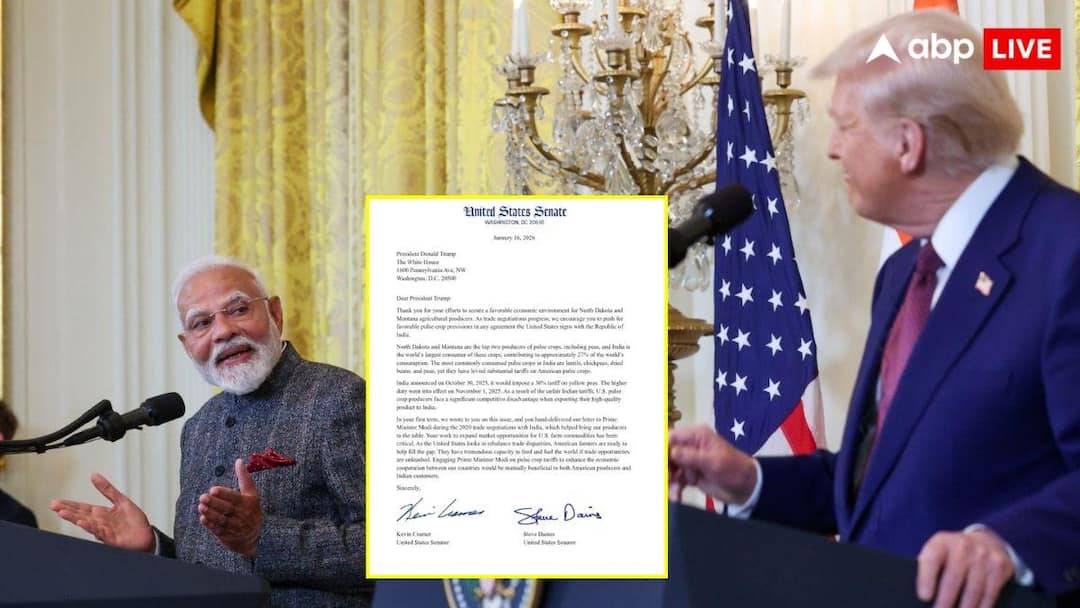- February 5, 2023
Obituary | Pervez Musharraf, a Pakistani President with a mixed legacy
Pakistan’s ex-President and Army chief General (Retd.) Pervez Musharraf, 79, passed away in Dubai on February 5, 2023.
| Photo Credit: Reuters
Former Pakistan President and Army Chief General (Retd) Pervez Musharraf, who proposed the “Musharraf formula” for peace over Jammu Kashmir between India and Pakistan, that he later disowned, passed away in Dubai on February 5, five years after he was diagnosed with a rare condition called amyloidosis, former spokesperson and close aide Raza Bokhari told The Hindu.
Musharraf had been living in the UAE for more than six years, in virtual self-exile after a Pakistani court framed charges of treason against him for his imposition of emergency in 2007 during his tenure as leader of Pakistan, that lasted from 1999, when he came to power in a military coup, only to resign in disgrace in 2008.
General Musharraf had defended his actions, claiming that he had fought corruption, “restored” grassroots democracy, and eventually held general elections there in 2008, months before he was forced to step down.
Born in 1943 in Delhi, Musharraf moved to Pakistan as a child with his parents during Partition. He was educated in Karachi, and then in Turkey, where his father was a diplomat posted to Ankara. Musharraf often spoke of his admiration for Mustapha Kemal Ataturk, the military leader who modernised and secularised Turkey. As a result, when he first took power in Pakistan, he set up a cabinet of technocrats, attempted modernising the education system, and brought an ordinance meant to bring about media reform.
However, subsequent years in power saw Gen. Musharraf’s claims at reforming the country sour. Apart from the suspension of democracy, Gen. Musharraf faced many other allegations, including bringing false cases against the entire Pakistani political leadership including Benazir Bhutto, Nawaz Sharif and Imran Khan, dismissing the Chief Justice of Pakistan Ifthikar Chaudhury and about 100 other judges unconstitutionally.
The other allegations include orchestrating the “disappearance” of hundreds of activists and fighters and the drone killing of Baloch leader Akbar Bugti in a brutal crackdown on the insurgent movement in Balochistan, allowing the U.S. to use Pakistani bases to bomb thousands in Pushtun areas during the “War against Terrorism”, and for conspiracy to destroy evidence in the Benazir Bhutto assassination trial, where he was declared a fugitive by the court.
In India, the General’s legacy is particularly mixed – as he was remembered for both setting off the Kargil war, by sending in army-trained militants to capture Indian posts along the Line of Control in 1998. But he is also remembered for the “Musharraf Formula” for peace in Jammu-Kashmir, where Indian and Pakistani interlocutors worked towards a non-territorial resolution to the dispute, which would allow greater movement across the LoC. He was also seen as the man in charge of both the military and the country, who was complicit or turned a blind eye through a series of major terror attacks in India carried out by the Jaish-e-Mohammad – including the 1999 IC-814 hijacking, 2000 Parliament attack, 2000 Jammu Kashmir Legislature bombing and others.
In 2002, Musharraf narrowly escaped an assassination plot by the JeM founder Masood Azhar, who had been released during the IC-814 hijacking, and ordered a crackdown on the group and its suspected backers within the Pakistan Army’s “special wing”. However, the Lashkar e Toiba led by Hafiz Saeed took over and carried out attacks in India over the next decade. General Musharraf had resigned and left the country in August 2008, months before the 26/11 Mumbai attacks, but it was during his tenure that the conspiracy behind the attacks would have been made in Pakistan, where the LeT operated training camps.
Musharraf denied any involvement in the attacks, but admitted in interviews that the Pakistani military had trained Islamist radicals as a continuation to the U.S.-funded efforts to build the Mujahideen army in Afghanistan to oust Russian forces. From 2002-2007, Musharraf and Indian PM Manmohan Singh worked through a back channel to try and implement the Kashmir formula. However, after Musharraf, no government agreed to be associated with the peace deal, and his interviews in India became increasingly hawkish.
“Musharraf’s legacy vis a vis India is that he stands doubly condemned in Pakistan: For his disastrous adventurism on Kargil and then for his defeatism by unilaterally accepting that the onus for restraining terrorism lay with Pakistan,“ said former HC to Pakistan TCA Raghavan.
After he moved to Dubai in 2016, the former leader was admitted to hospital after a collapse. According to Mr. Bokhari, he was diagnosed with amyloidosis, a protein linked rare disease in 2018 at the Royal Brompton Hospital in London. By June 2022, his family said in a statement that “recovery is not possible” and that his organs were malfunctioning. He passed away in Dubai on Sunday at the age of 79.






